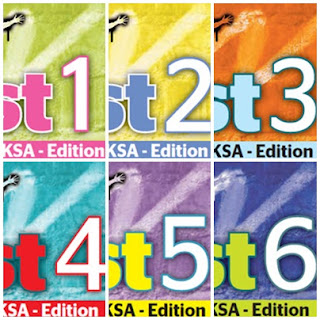شرحنا في الدرس السابق ( )
ملاحظة: الموضوع غير مكتمل, جاري إعداد الموضوع
ملاحظة: الموضوع غير مكتمل, جاري إعداد الموضوع
So/Neither
To express agreement
• We use So + affirmative auxiliary verb + subject
when we agree with an affirmative statement, but we don't want to repeat it.
• We use Neither + affirmative auxiliary verb + subject
when we agree with a negative statement, but we
don't want to repeat it.
A: I must go to the
dentist.
B: So must I.
A: I always go to school
on foot.
B: So do I.
A: I can't play table tennis.
B: Neither can I.
A: I don’t like fruit.
B: Neither does my sister
NOTE: To express disagreement:
• We use subject + affirmative auxiliary verb
when we disagree with a negative statement, but we don't want to repeat it.
A: I can’t speak English.
B: I can.
• We use subject + negative auxiliary verb
when we disagree with an affirmative statement, but we don't want to repeat it.
A: I’ve been to Italy.
B: I haven’t.
عودة لـ فهرس شرح القواعد Grammar للصف الثاني متوسط ⇐ Full Blast 4from ثمرات اللغة Language Thamarat http://ift.tt/2t28fDB
via IFTTT











